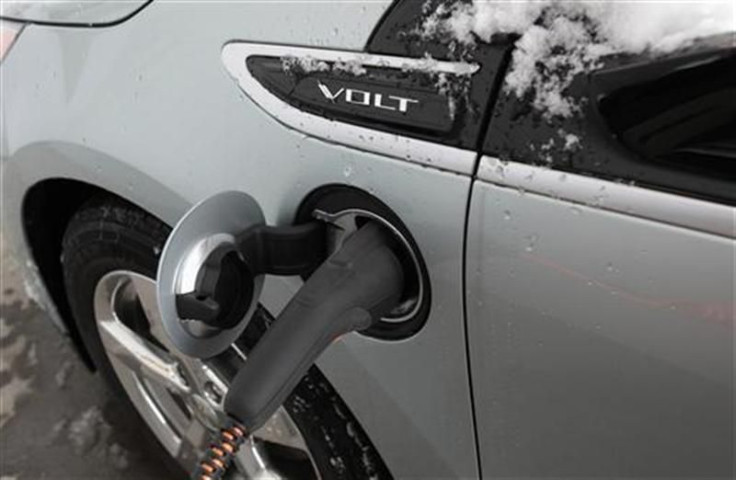More EV Fees Coming: Which States Charge Added Fees To Electric Car Owners?

Electric car owners may be in for some added expenses come 2020 as several states look to enact an electric vehicle fee. These fees are used to cover roadway infrastructure, such as repairs and construction, that are traditionally paid through gasoline taxes.
Electric car owners in Oregon will now pay $110 more per year to register their EV, while residents of Utah will pay an additional $90 to register their electric vehicle – both starting Jan. 1, Electrek reported.
Utah and Oregon are not alone in charging an EV fee, as 26 states impose the additional cost to electric car owners, according to Consumer Reports. Of these 26 states as many as 11 charge electric car owners more than their gasoline-power equivalents, the report said.
States that currently have an EV fee or are about to start one include; Alabama, Arkansas, California, Colorado, Georgia, Idaho, Illinois, Indiana, Iowa, Michigan, Minnesota, Mississippi, Missouri, Nebraska, North Carolina, North Dakota, Ohio Oregon, South Carolina, Tennessee, Utah, Virginia, Washington, West Virginia, Wisconsin, and Wyoming.
Those states are reportedly considering adding EV fees include; Arizona, Hawaii, Kansas, Nevada, New Hampshire, New Mexico, Oklahoma, Pennsylvania, and Texas, while Minnesota and Missouri have proposed raising the electric vehicle fee from the current $75.
© Copyright IBTimes 2024. All rights reserved.




















